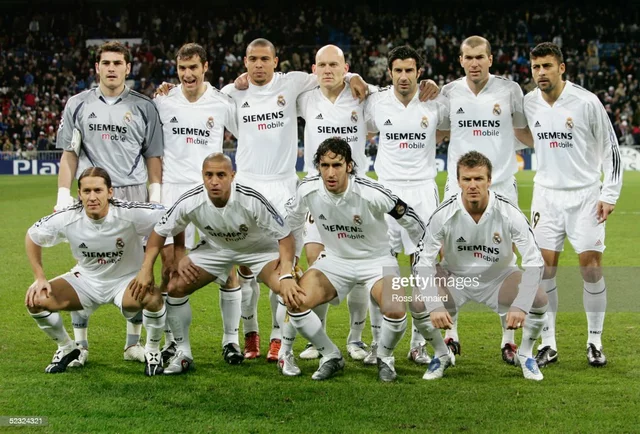Understanding the Game of Rugby
In the world of sports, rugby stands out for its unique combination of physicality, strategy, and camaraderie. It's a game that requires both strength and intelligence, where skillful handling of the ball is just as important as the brute force needed to break through the opposing team's defense. Rugby is a team sport, and every player has a crucial role to play. This sense of unity and teamwork is one of the reasons why rugby is so beloved by its fans and players alike. There's a real sense of community in rugby, both on and off the pitch, and it's this sense of belonging that often draws people to the game.
The Global Appeal of Rugby
Rugby's popularity spans continents, from the hallowed grounds of Twickenham in England to the bustling streets of Tokyo in Japan. There's a universality to the game that transcends national borders and cultural differences. Rugby is a sport that can be enjoyed by anyone, anywhere, regardless of their background or experience. This accessibility is a major factor in the game's global popularity. Furthermore, the sport's international tournaments, like the Rugby World Cup, bring together nations in a celebration of sport and camaraderie unlike any other, further contributing to its global appeal.
Rugby's Rich History and Traditions
Part of the allure of rugby lies in its rich history and traditions. The sport originated in the 19th century in England and has since spread across the globe. Its history is filled with legendary matches, iconic players, and unforgettable moments that have captivated fans for generations. The traditions of rugby, like the pre-match Haka performed by the New Zealand All Blacks, add a unique cultural dimension to the game. These traditions honor the sport's past while also bringing a sense of spectacle and excitement to the game.
The Thrill of a Rugby Match
There's nothing quite like the thrill of a rugby match. The tension builds from the first whistle, as the two teams vie for control of the ball. The excitement reaches a fever pitch as the players charge down the pitch, dodging tackles and making daring passes. The crowd roars with every try scored, every successful conversion, every dramatic turn of events. And when the final whistle blows, whether in victory or defeat, there's a sense of satisfaction in having witnessed a hard-fought match. This excitement and suspense is a big part of why rugby is such a popular sport.
The Values of Rugby
Rugby is more than just a game; it's a sport that embodies certain values. Respect, integrity, teamwork, discipline, and sportsmanship are all integral parts of rugby culture. These values are instilled in players from a young age, and they carry them throughout their lives, both on and off the pitch. This emphasis on character and personal growth is another reason why so many people are drawn to rugby. It's a sport that doesn't just entertain, but also teaches and inspires.
The Future of Rugby
As the world of sports continues to evolve, so too does rugby. Innovations in training and tactics, the growth of women's rugby, and the sport's increasing global footprint are all exciting developments for the future of rugby. With its unique blend of physicality, strategy, and camarity, its rich history and traditions, and its emphasis on values, rugby is poised to continue its rise in popularity. For fans and players alike, the future of rugby looks bright indeed.


